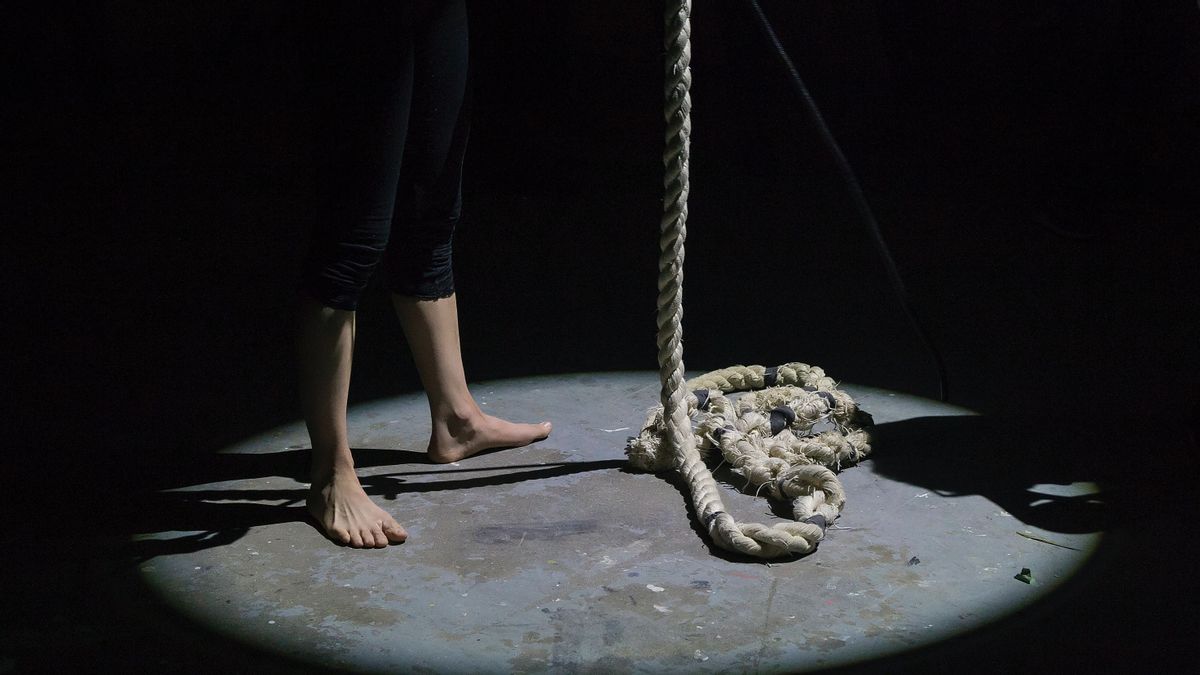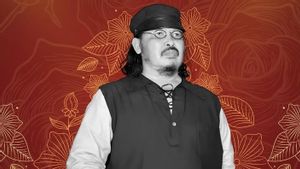JAKARTA - The suicide rate of young South Korean women has increased by 5 percent per year for the past ten years. Among the developed countries that are members of Economic Cooperation and Development (OECD), around 14 thousand people died due to suicide in 2018.
However, from a comparative point of view, men still die of suicide more often than women, with a ratio of 2: 1. However, a higher number of women have attempted suicide.
Launching DW, Chung-ang University Social Epidemiology expert Jang Soong-nang said, there are several factors that drive this phenomenon, namely poverty, unemployment, gender inequality and gender-based violence, generational conflicts, households with one person, poor parenting, welfare social inadequate, to competition.
Furthermore, Jang explained, related to suicide among celebrities, social media took a role. Everything celebrities do and say is exposed, manipulated, criticized and sometimes - driven by identity politics - shows hatred.
Jang said the increase in suicides was not due to the so-called Werther effect, and was not a copycat trend. What is being seen in South Korea is a continuing increase in female suicides, with many interrelated causes, the expert said.
Korean celebritiesYes, suicides among young celebrities in Korea have occurred in the near future. On January 23, actress and model Song Yoo-Jung died suddenly, with preliminary medical reports suggesting that she committed suicide.
Previously, in September last year there was actress Oh In-hye who also ended her life. Meanwhile, two friends Goo Hara and Sulli ended their lives in the near future. Sulli on October 14, 2019, Hara on November 24, 2019.
Not only women, there is Kim Jong-hyun, a male K-pop idol from the SHINee group who ended his life in December 2017. There are many reasons behind the condition.
For Yoo-jung and In-Hye, it may be because of her career that is dimming. Meanwhile, for Sulli and Hara, it was more because of the pressure of life in the eyes of the public.
Sulli's decision not to wear a bra after joining a feminist group led to her being blasphemed online which made her depressed. Sulli, who decided to leave the management that shelters him, revealed the weakness of South Korean society, gender equality.

After the Korean War ended, Ginseng Country enjoyed rapid economic development. But the so-called Miracle on the Han River did not happen without great sacrifice. Those sacrificial ideals, coupled with classicism, ageism, and patriarchy in society, create insurmountable barriers for modern, perhaps ambitious and unconventional young women.
The path to success from an educational perspective depends on the brand of the institution being attended, such as the "SKY" university. For graduates of Seoul, Korea and Yonsei National Universities, doors are open. For others, it is more of a struggle.
"There is endless competition. They just go about their daily lives. Taking care of life itself is very difficult, it's suffering, and the only happiness they feel is in the very small things like eating something delicious," said Jang.
"As for everything in life, things are irresistible, tough, and competitive. And when they graduate from university, the patriarchal South Korean work culture can be very oppressive."
Not over with the problems above, the COVID-19 pandemic has arrived and its impact is felt by South Korean youth, especially women. When the pandemic hit in the first half of 2020, suicide cases of young women jumped 30 percent. The social consequences of the health crisis are increasingly burdening young women.
Although the economy is better off, with a decrease in GDP of only 1 percent, the unemployment rate for easy people has risen to 25 percent from the original 20 percent.
According to Jang, suicide prevention alone is not enough, because the root of people's problems for suicide here is deep-rooted social inequality.
"This requires a medium to long term solution. Employment and economic support for young people in their 20s and 30s, and more support for young families with children," he concluded.
The English, Chinese, Japanese, Arabic, and French versions are automatically generated by the AI. So there may still be inaccuracies in translating, please always see Indonesian as our main language. (system supported by DigitalSiber.id)








